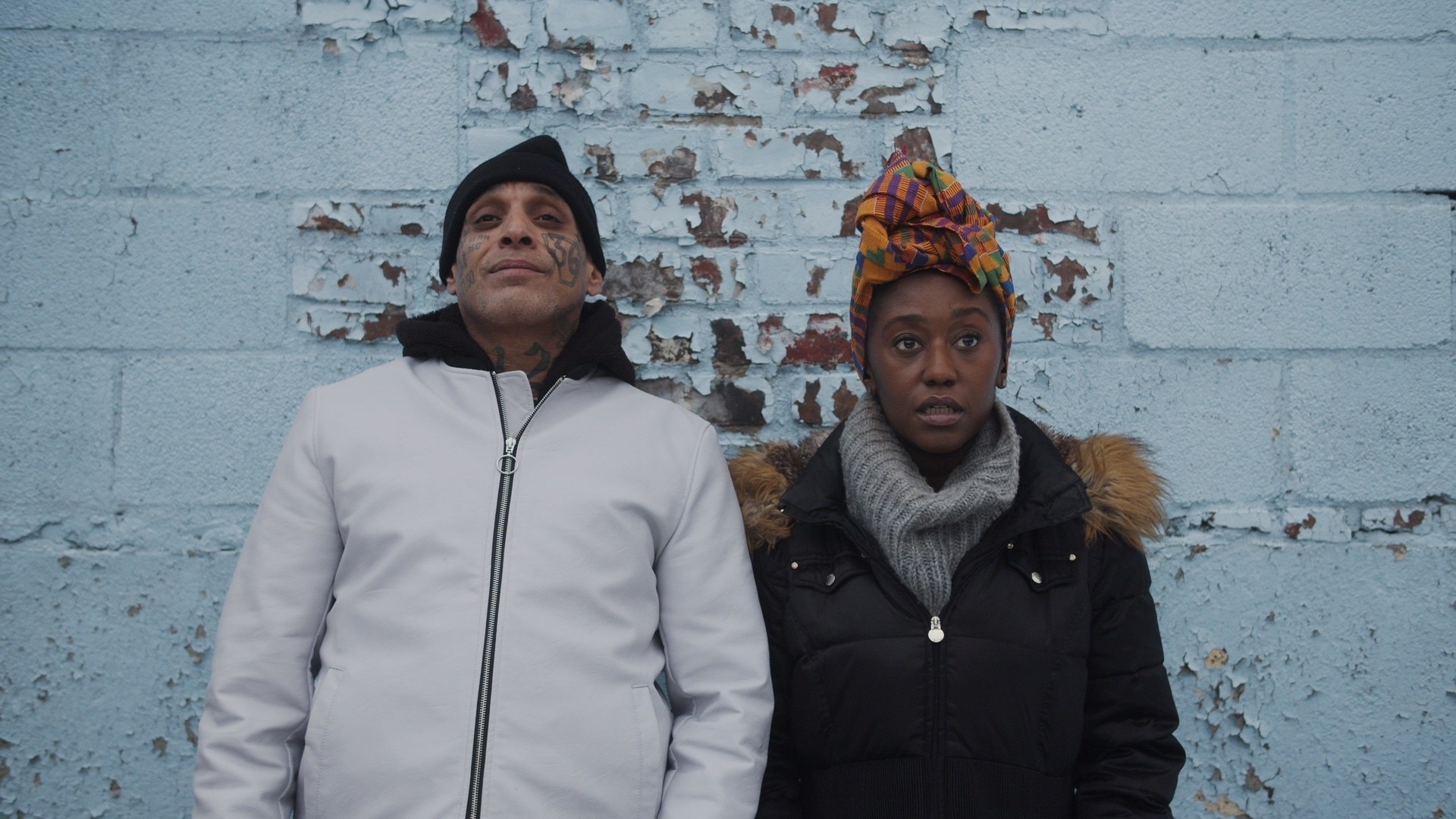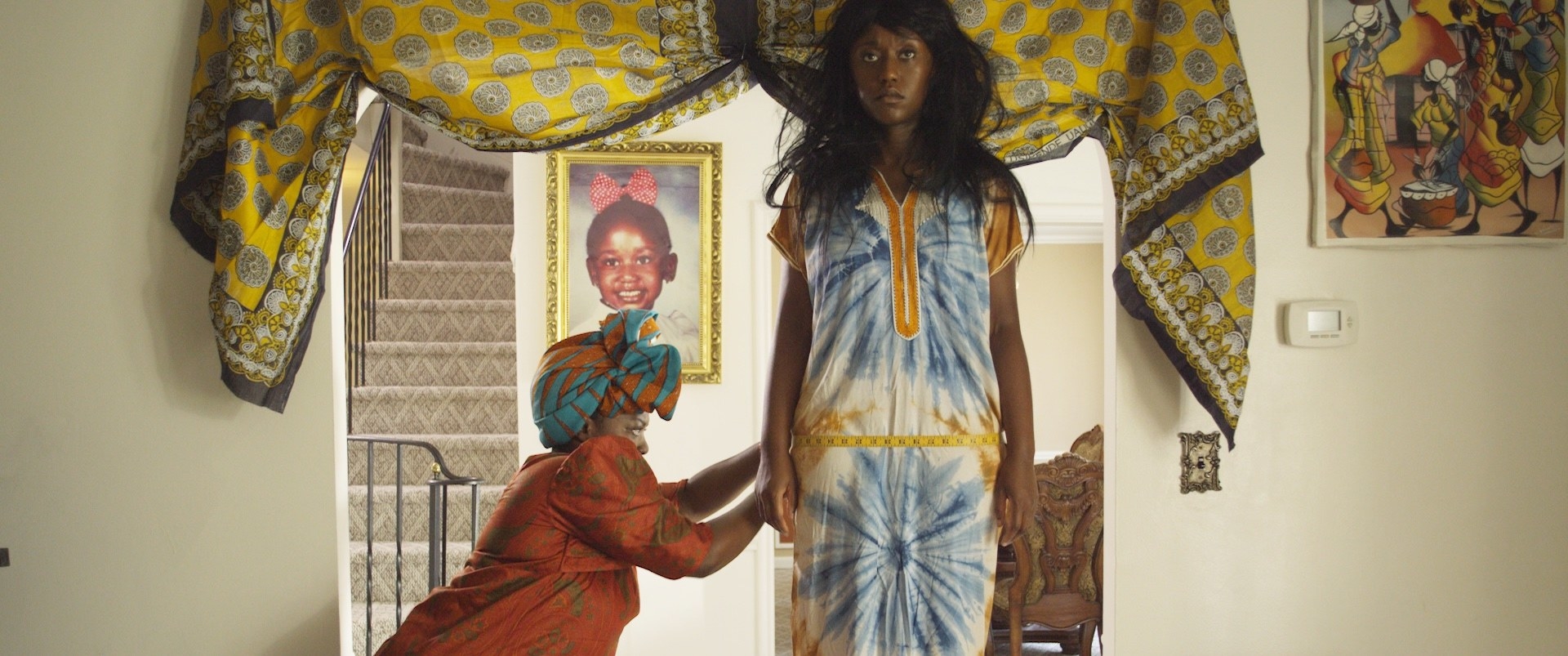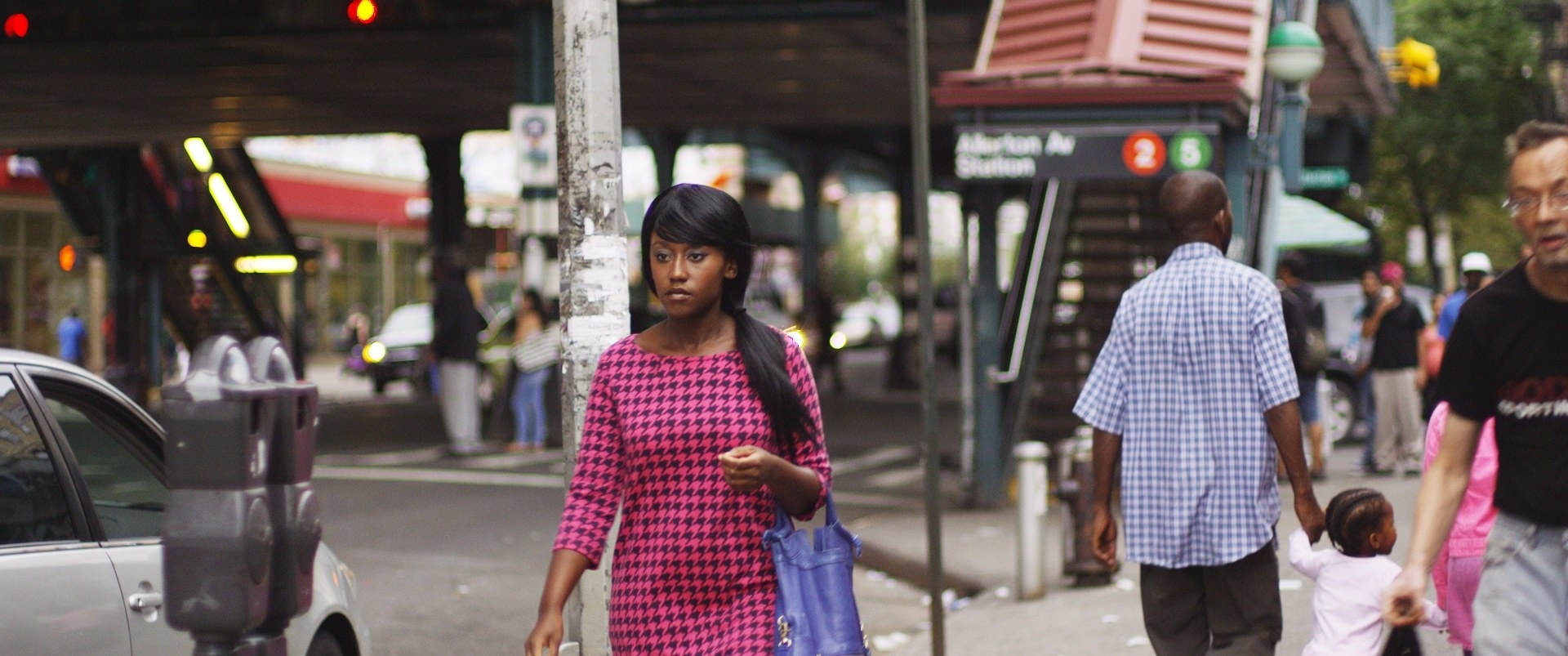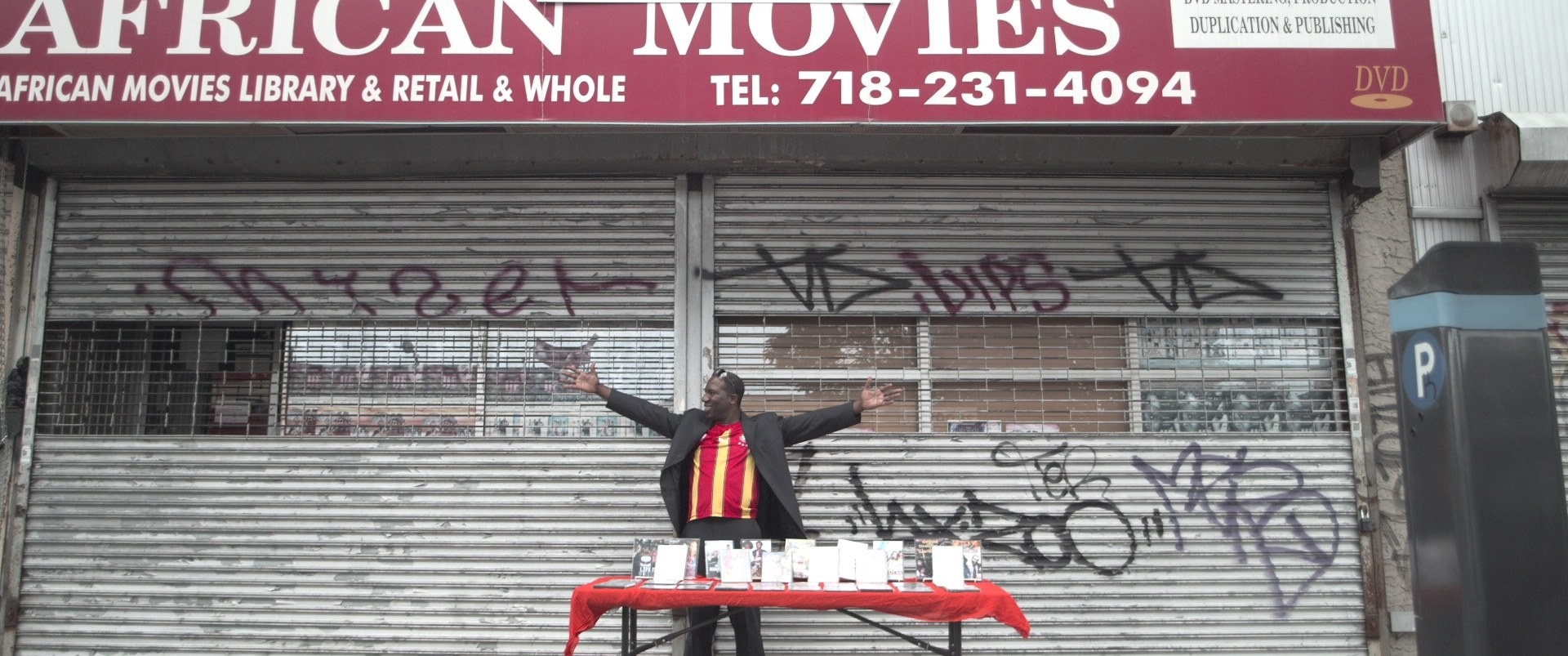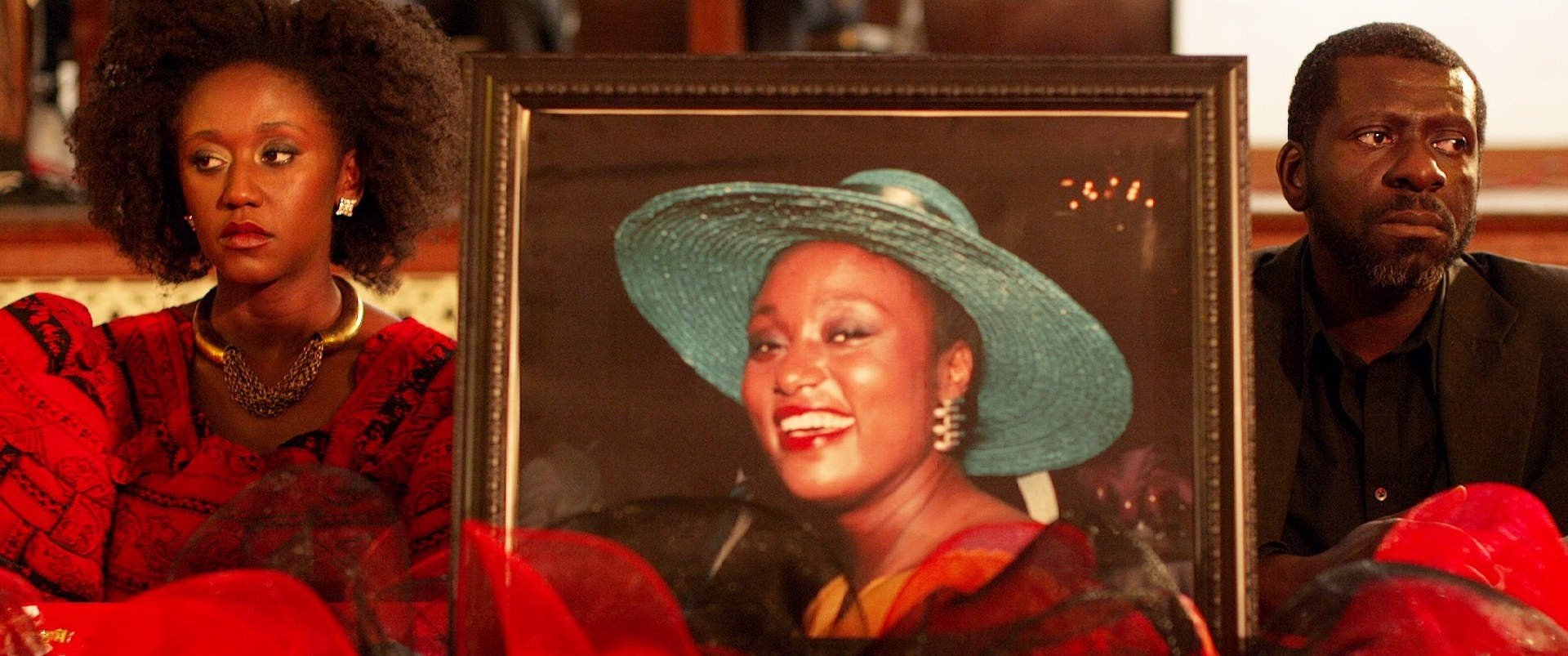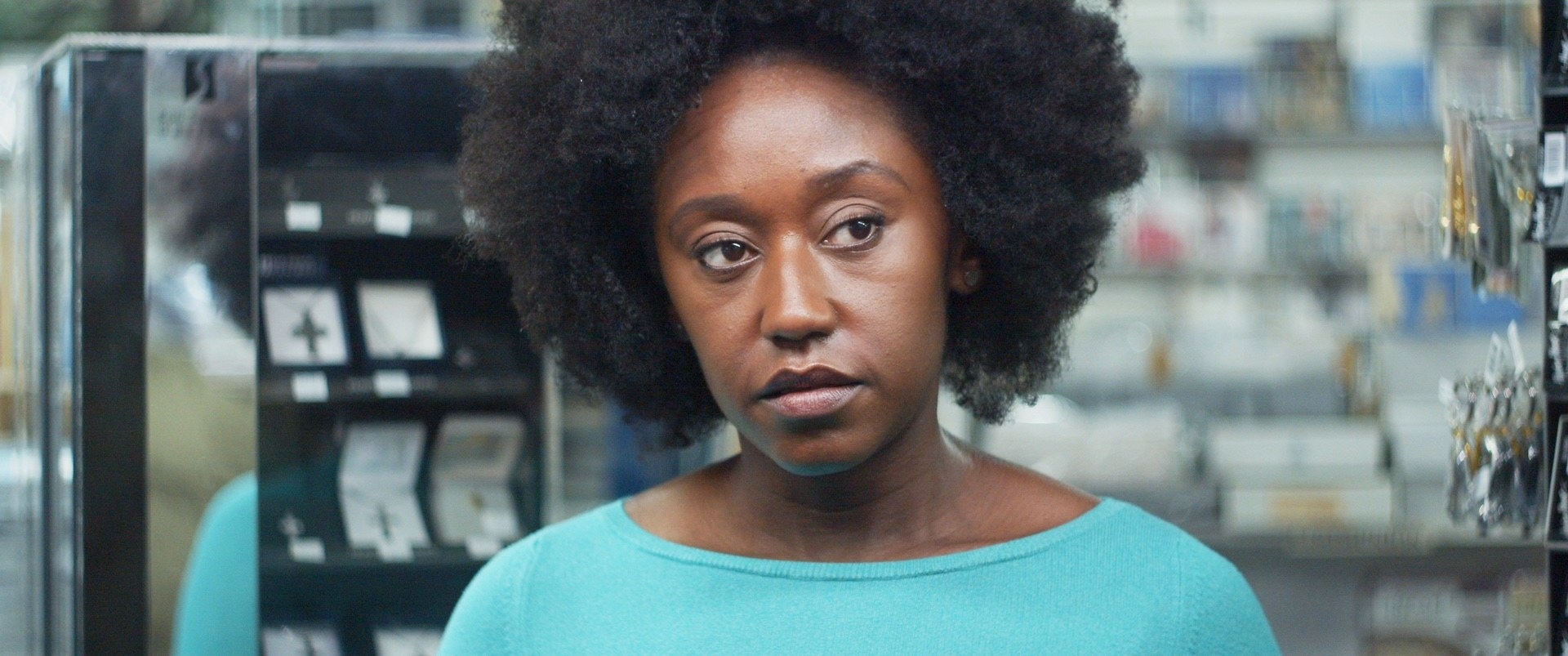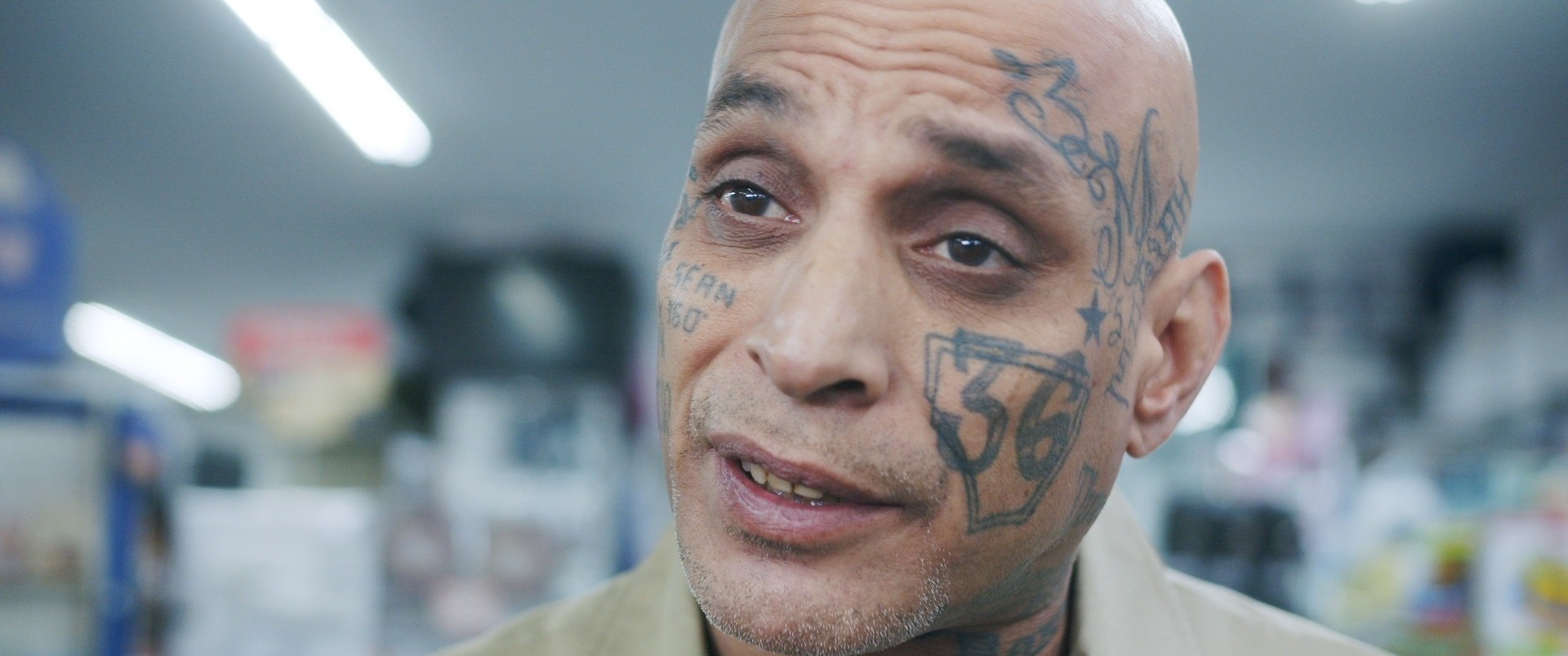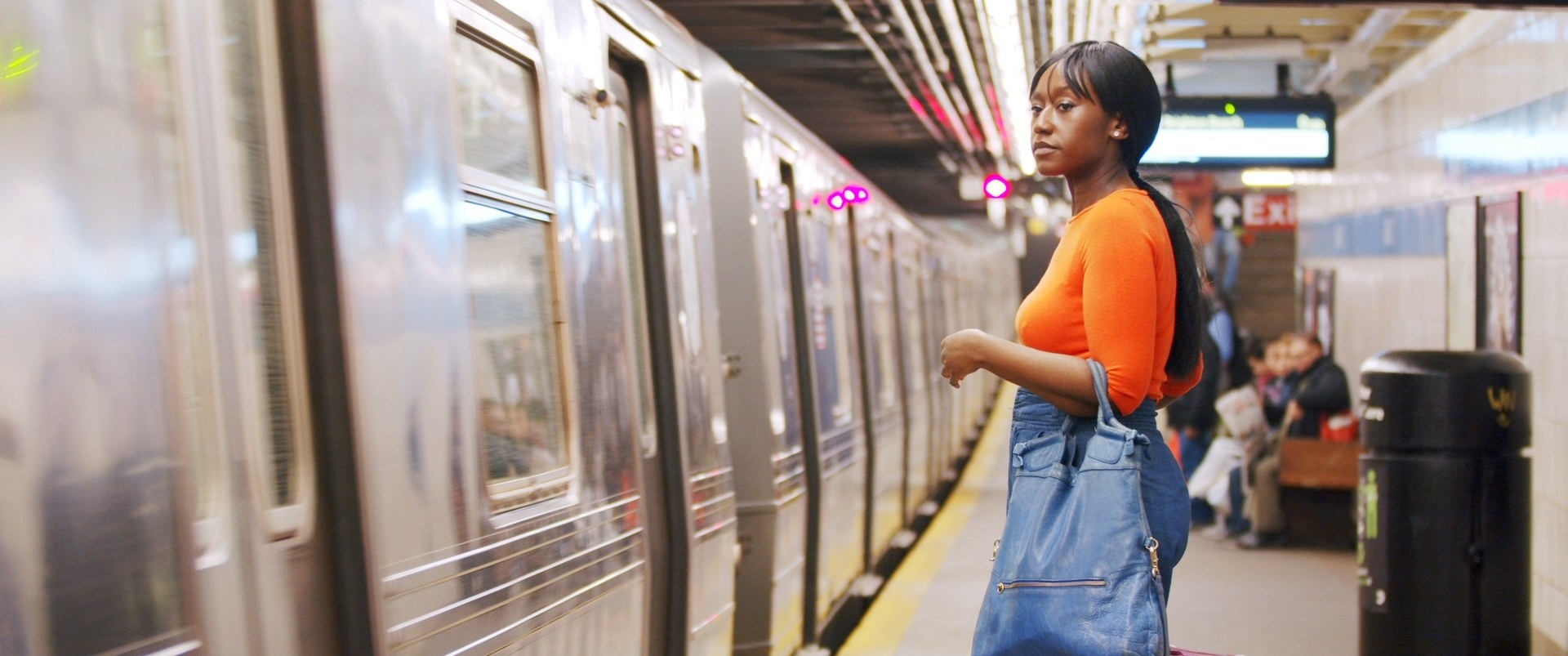The film is a continuation of the traditional immigrant story, bringing forward laughter, empathy and an abundance of other emotions throughout the scenes of Sarah establishing her new life, thanks to her inheritance. Nana: The film was born out of necessity. I started as an actress, and it was really hard for me to get a gig. The roles that I was getting close to didn’t feel nourishing to my artistic spirit. So, I set out to write something, initially, it was really expensive and incredibly unlikely so I was advised to look at other filmmakers who I celebrated, first films. So I looked at Barry Jenkins, Edward Burns, Woody Allen etc., and saw that their first projects were very modest, telling great stories with characters, but not like sweeping epics. So I reverse-engineered a plot from things that I could get for cheap or free like my family owns a Christen bookstore in the Bronx, so I was able to shoot there on Sundays. We filmed in my Auntie Rosa’s apartment, so everything was a labour of love. Everyone knew there was a low budget so all hands were on deck. Nana: Funeral culture in Ghana is so specific, and it was only through conversation with non-Ghanaians that I realised how unique it is, and how we treat funerals like weddings. It’s like you’ve suffered this loss that changes you at your core, and is affecting you at another level, and then you’re asked to execute this massive event and especially if you’re female. If you’re a male you probably won’t be asked to do as much and that’s why the film is low-key about misogyny and the patriarchy. Making a film about experiences I have had, or am adjacent to that I find to be very semantic. Every family I’ve been in, even the ones in a masonic lodge, in not very beautiful environments, are somehow filled with Ghanaians dressed in red and black, dancing. I think this project was a great opportunity to elevate our culture. Nana: Honestly, it was resources again. The Bronx is very large and has so many different parts to it. Some are lush and green, and others that are stark and urban. So I love those differences that are available, but also I love that neighbourhood that we shot in, the Allerton area I believe is 33% Black, 33% white and 33% Latinx – so it is wonderfully diverse. Is there a large Ghanaian-American community in New York, as showcased in your film? Nana: Yeah there definitely is. A lot of people will see the clip of the Tracy Towers apartment building, and if they have the lived experience, will relate to the film on a whole other level in comparison to someone who doesn’t. So for example, everybody has an auntie or uncle that lives in Tracy Towers, it’s called ‘Little Ghana’ because these two massive towers are filled with Ghanaians. So, you don’t need to know that to watch the film, but if you know then you’ll have these relatable moments. We insisted on authenticity. Nana: Based on the Chris Rock documentary Good Hair, the number one recipient of Indian and Asian hair exports is the continent of Africa. Because we love our weaves and our wigs, braids, and extensions, and the most recent natural hair movement for me began in the diaspora. So to have Sarah go from a weave to a natural hairstyle, with traditional garments. This was a visual representation of that bridge of being Ghanaian in the diaspora. Nana: I will say that all three jobs scratch different itches. I love writing because it’s very romanticised. You begin to engage in this relationship with these characters that you’ve built to love – then you make awful things happen to them. Then when you go to act and also direct, it’s so collaborative. On the directing side, it’s everyone behind the camera, and as an actor, it’s with other actors. I would love to continue doing all three in some capacity for sure. Did this film meet your expectations of what you set out to create? Nana: It didn’t meet all the visions I had for it, due to budget and things like that, but it ended up taking on a life of its own. Yes, it’s us making the film but then there’s this mysterious thing that helps me form the art, and in my moments of despair I did let go of the wheel and let that take over.
